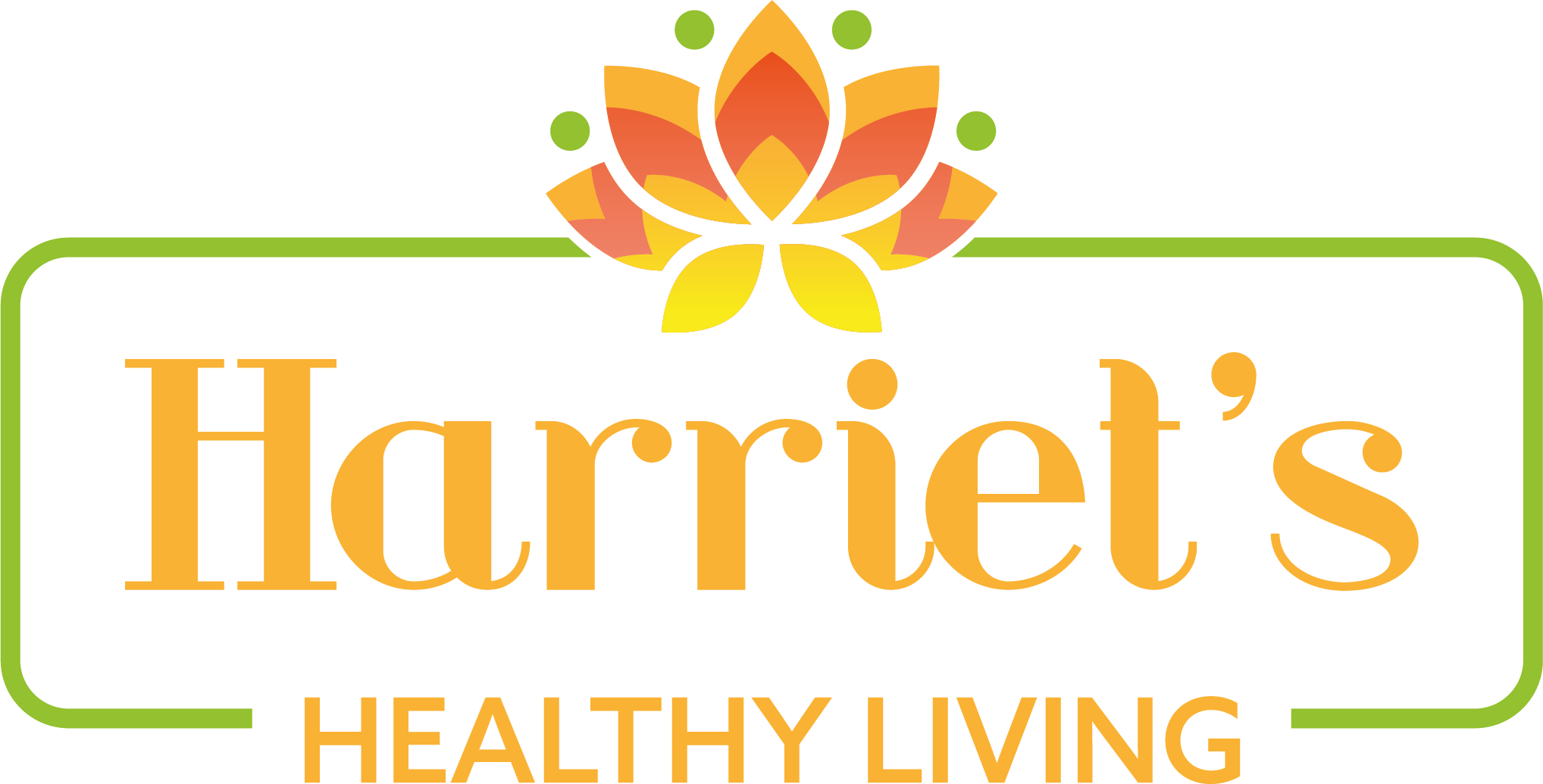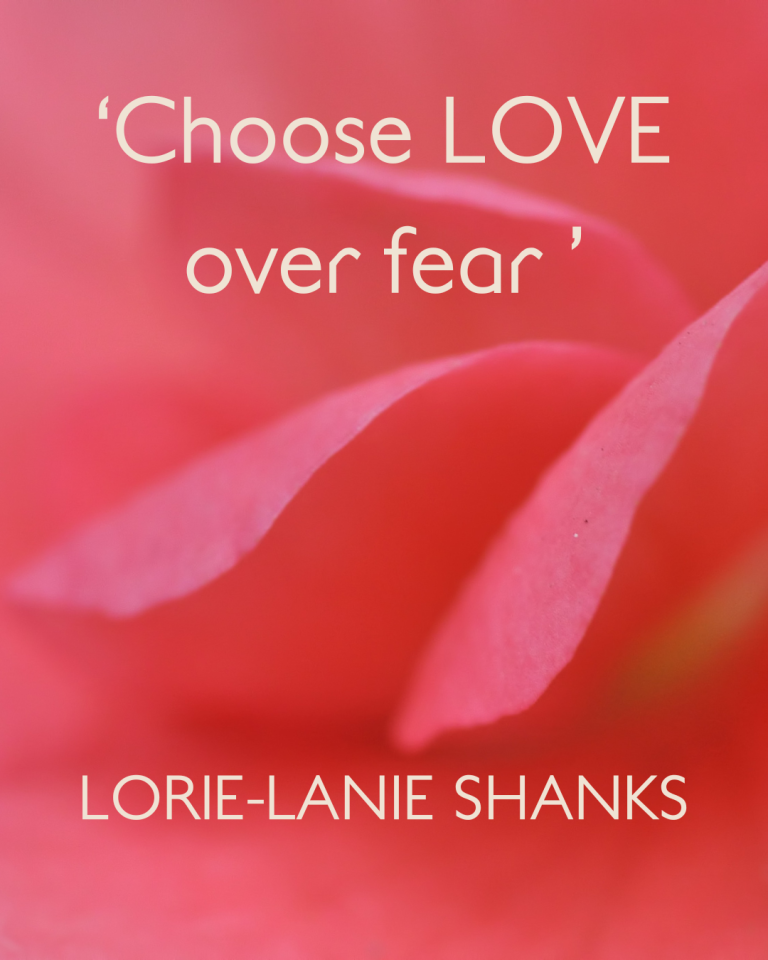I’m passionate about supporting people in taking care of themselves—and especially in reducing stress. Over the years, I’ve come to believe that two things are absolutely foundational to wellbeing: self-compassion and connection. I’ve written and spoken about this often.
However, there’s always been one idea I’ve found a little hard to explain: the concept of transforming fear into love. Many people talk about it, but it wasn’t until recently that I heard it explained in a brilliantly simple but powerful way.
I was very grateful to attend the brilliant Raise Up Conference, last month created by the Leamington Soroptimists, and among many brilliant talks, I listened to an incredible talk by Lorie Shanks, who shared a powerful metaphor:
“There are two wolves in our brain—one that feeds fear, and one that feeds love.
They are always fighting for our attention.
The one that wins is the one we feed.”
This made so much sense to me.
When we’re in fear mode, it shows up in so many ways. We overthink. We worry. We get caught in cycles of self-criticism and not feeling “enough.” We strive to prove ourselves. We fear what others think.
All of this activates our sympathetic nervous system—our stress response. We become hyper-vigilant. We are unable to properly connect with anyone, and this impacts everything.
In this powerful podcast, Dr. James Doty describes its as ‘Fear Mode’ puts it like this:
“If you are hypercritical with yourself,
you are hypercritical in your lens on the world,
and you are very judgmental.”
But if we shift the lens—if we choose kindness and compassion toward ourselves first—it truly changes everything.
We are wired for survival, but we are also deeply wired for connection. We are meant to love, support, and care for one another. When we are in “love mode”, we feel safe, grounded, and open. We are able to connect with others. We see ourselves and others with more gentleness. We remember that we are all trying our best.
The opposite of fear is love.
And love shows up in kindness, care, and compassion.
It’s what restores us.
And the beautiful thing is—this is not out of reach. As Lorie Shanks so eloquently said:
“What grows is what we feed.”
We can choose to feed fear.
Or we can choose to nurture love—through attention, intention and practice, and it all starts with self- compassion.
Tools like HeartMath invite us to do this in simple yet profound ways. We can shift into love mode by choosing to focus on heartfelt, restorative emotions—gratitude, compassion, kindness, love, for those we have deep feelings for, or simply the awe of nature. We can breathe into those feelings and offer love and compassion for ourselves, and we can expand them, and breathe them out for those we care about and beyond. We can also come back to these heart felt breaths again and again to change how we feel in any moment.
What is also a very powerful piece of information to understand is that emotions only last for 90 seconds; the physical sensation will leave your system in just 90 seconds! It is very powerful because it gives us a sense of control. If we acknowledge depleting emotions such as fear, but choose not to lean into them, we can take responsibility for how we feel. We can choose to instead focus on feelings that make us feel uplifted and energised. It takes time and practice but it is a much more empowering place to live from.
When we switch off that self- critical narrative and open our hearts, we are also able to focus our attention on to taking care of others, and when we do that, everything in our life improves.
Opening the heart, and being in ‘love mode’ isn’t always easy but with practice, it gets easier.
Thank you Lorie for such an brilliant and enlightening talk, and for reminding us that we always have a choice; to feed fear or to feed love.
As Dr. Doty says, ‘Our purpose in life is to love ourselves, each other and to be in ‘Heart mode.’
He also says in his beautiful meditations that I listen to often;
“When we have an open Heart, we connect with others, and that changes EVERYTHING. All that matters is that we have an open heart”

